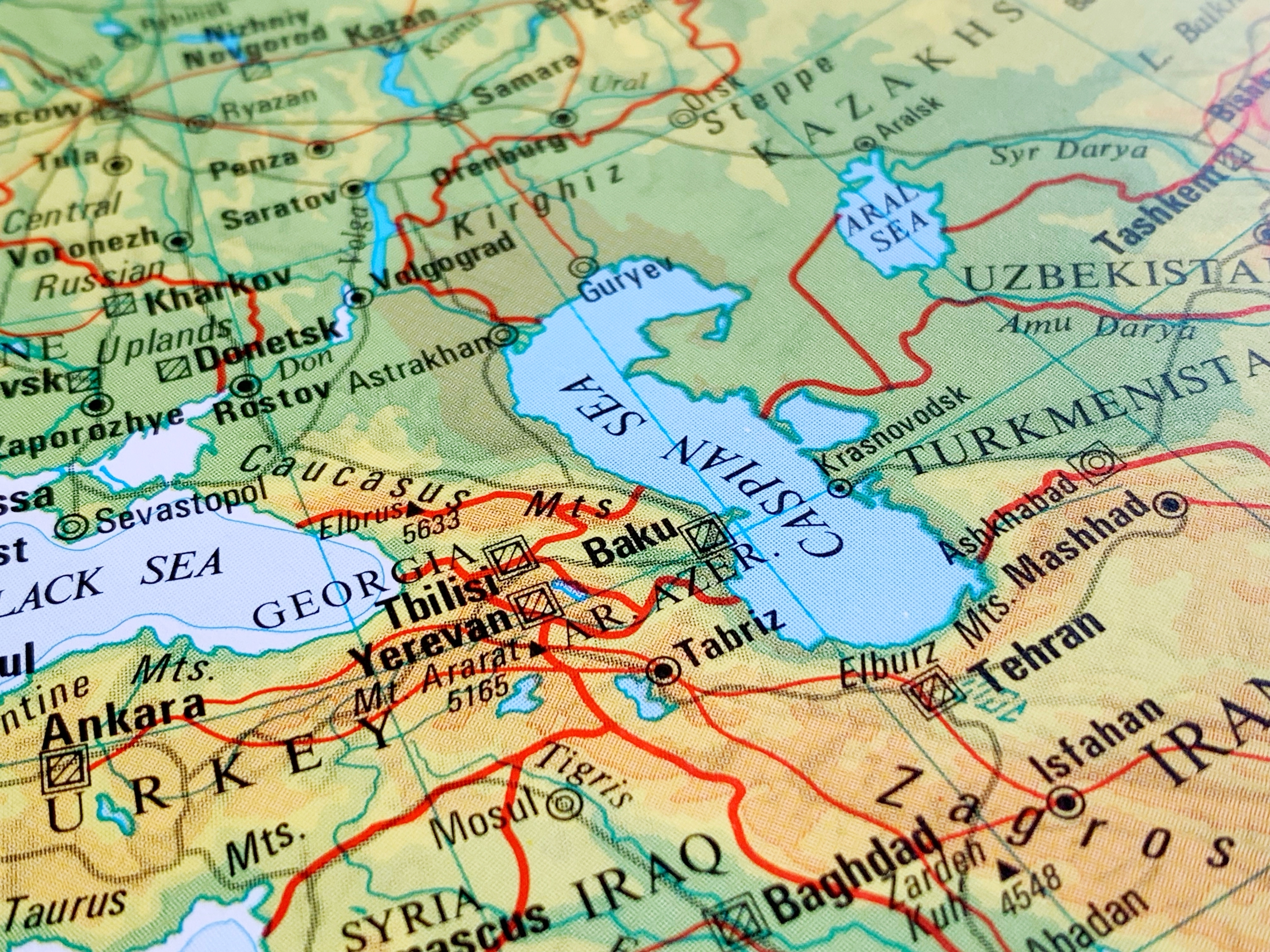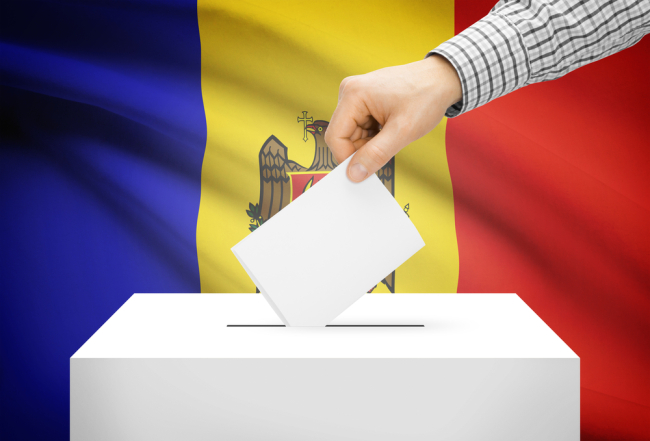The Caspian Sea as an Emerging Energy Hub : Potentials and Limitations

This report analyzes the prospects of the Caspian Sea region — and its key actors except for Russia and Iran — becoming an important energy hub serving the needs of the European Union (EU).

In addition to conventional means of energy (hydrocarbons), the paper explores new types of energy supplies that include green hydrogen, solar and wind power. It addresses the main research goal by analyzing both the resource potential of the region in terms of meeting the EU’s energy needs and whether the EU should engage with the regional actors and financially commit to expensive and rather risky projects and initiatives.
The author argues that, even though the region boasts large potential in both conventional and non-conventional energy resources, the EU strengthening and deepening of its integration with the Caspian Sea region, in terms of business and trade, entails many risks, both inherent to the region itself and emanating from other players that are, in one way or another, involved in the region’s affairs and intend to do so.
In September 2018, referring to Nord Stream 2 (the Russian-German gas pipeline project across the Baltic Sea), American President Donald Trump claimed in a speech at the United Nations (UN) General Assembly that Germany would become “totally dependent on Russian energy if it does not immediately change course”. Viewed as yet another extravagance at this time, his remarks took on a whole new meaning in 2022, when Russia cut off natural gas supplies to its key customers in the European Union (EU) following the outbreak of Russia’s large-scale military aggression against Ukraine. Russia’s blatant violation of international law and its contractual obligations prompted the EU to rapidly seek alternative sources of natural gas and oil to meet its energy needs. The old idea of exploiting the Caspian Sea region’s vast energy resources (in addition to other sources of energy) then came back to the fore. However, the EU’s “turn to the Caspian Sea” will likely be accompanied by several issues — economic, geopolitical, environmental, as well as value — and culture-based differences — that may put a strain on the EU’s plans.
Thus, two key questions emerge: to what extent is the Caspian Sea region sufficiently endowed with natural resources to meet the EU’s energy needs? What risks does this alternative entail, and what obstacles might stand in the way of its implementation?
Dr. Sergey Sukhankin is a Senior Fellow at the Jamestown Foundation and the Saratoga Foundation (both in Washington D.C.) and a Fellow at the North American and Arctic Defence and Security Network (Canada). He teaches international business at MacEwan School of Business (Edmonton, Canada). Currently, he is a postdoctoral fellow at the Canadian Maritime Security Network (CMSN).

Available in:
Themes and regions
ISBN / ISSN
Share
Download the full analysis
This page contains only a summary of our work. If you would like to have access to all the information from our research on the subject, you can download the full version in PDF format.
The Caspian Sea as an Emerging Energy Hub : Potentials and Limitations
Related centers and programs
Discover our other research centers and programsFind out more
Discover all our analysesThe European Union's Strategic Test in Georgia
The political crisis brewing in Georgia is of an existential nature for the country. What is at stake is Georgia's future as a democratic and sovereign European nation (EU).
Commanders of Putin's Long War: Purged, Reshuffled and Disgruntled
The trend of reshuffling the Russian top military command in the course of a fast-evolving and far from successful war has progressed unevenly both across the Armed Forces’ structures and in time. The rationale for and timing of the abrupt cadre decisions made by Commander-in-Chief Putin often defy logical explanation, and the rare official clarifications are no more informative than the usual information blackout.
Russian Military Manpower After Two and a Half Years of War in Ukraine
In addition to a military victory in Ukraine, the Russian leadership is planning to build up sizable troop formations for a possible conflict with NATO in the Baltic region and the Kola Peninsula. In particular, current plans aim for the military manpower to grow by about 350,000, reaching a total of 1.5 million soldiers and commanders. In the context of the current conflict in Ukraine, this cannot be accomplished without a new wave of mass mobilization.
Moldova’s Foreign Policy after 2024 Presidential Elections: Staying on the EU Path, Moving Eastwards or Becoming Multi-vector?
The future of Moldova’s foreign agenda will undergo a stress test during the upcoming presidential elections on October 20, 2024.










